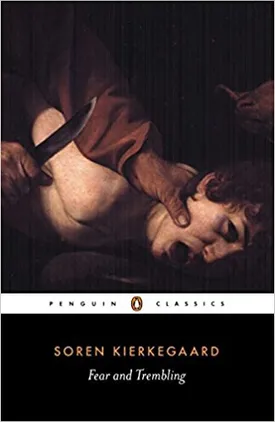Soren Kierkegaard
Søren Kierkegaard was a nineteenth century Danish philosopher and theologian who played a major role in developing existentialism. He was born on May 5th, 1813 and is widely considered to be the father of modern-day existentialism. He is most famous for his philosophical works, exploring the challenges of living a meaningful and authentic life.
Søren Kierkegaard had an unhappy and troubled childhood. Raised in Denmark’s state Lutheran Church, his father was a stern, authoritarian figure who discouraged his son’s writing. He was also frequently very ill, and this combination of factors made him deeply introspective and melancholic. Throughout his life, he wrote extensively about the difficulties of leading an authentic life and the sense of alienation that he felt from society.
The philosophical works of Søren Kierkegaard are considered complex, dense, and dense in their terms. He used literature and narrative to convey his philosophical ideas, creating a unique form of existential philosophy. He wrote the book Either/Or, which published in 1843, and is widely regarded as his best work. In it, Kierkegaard argues that life’s choices are always weighed morally based on an individual’s understanding of their values and beliefs. His concept of “the leap of faith”, which is taken from his book Fear and Trembling, refutes the notion that absolute truths can be rationally proven. He believes that while life is filled with physical and psychological struggles, faith based on a passionate belief in God can help to overcome these struggles.
Kierkegaard believed that life’s true and unique purpose is found through embracing our subjective experiences and emotions, ultimately leading to an understanding of the self. He argued that individuals should attempt to attain a meaningful existence by living sincerely and authentically. This is not about simply conforming to social norms and values, but rather recognizing and owning our beliefs and the internal struggles that come with that.
Kierkegaard's works have had a significant influence on later existentialists, such as Jean-Paul Sartre, who drew upon his works in creating their own philosophical frameworks. His work is valued for its directness, humor, and poetic clarity. Kierkegaard has been described as a modern-day philosopher, as his works are just as relevant today as they were in his own time, as people still struggle with the various aspects in attaining a meaningful life.
Kierkegaard’s writings have been the inspiration behind many works, including literature, film, music, and other forms of art, providing the reader with the opportunity to explore the depths of their own self-reflection and experience. His works are a reminder of the importance of embracing and owning our innermost thoughts and emotions in order to live an authentic and meaningful existence.

